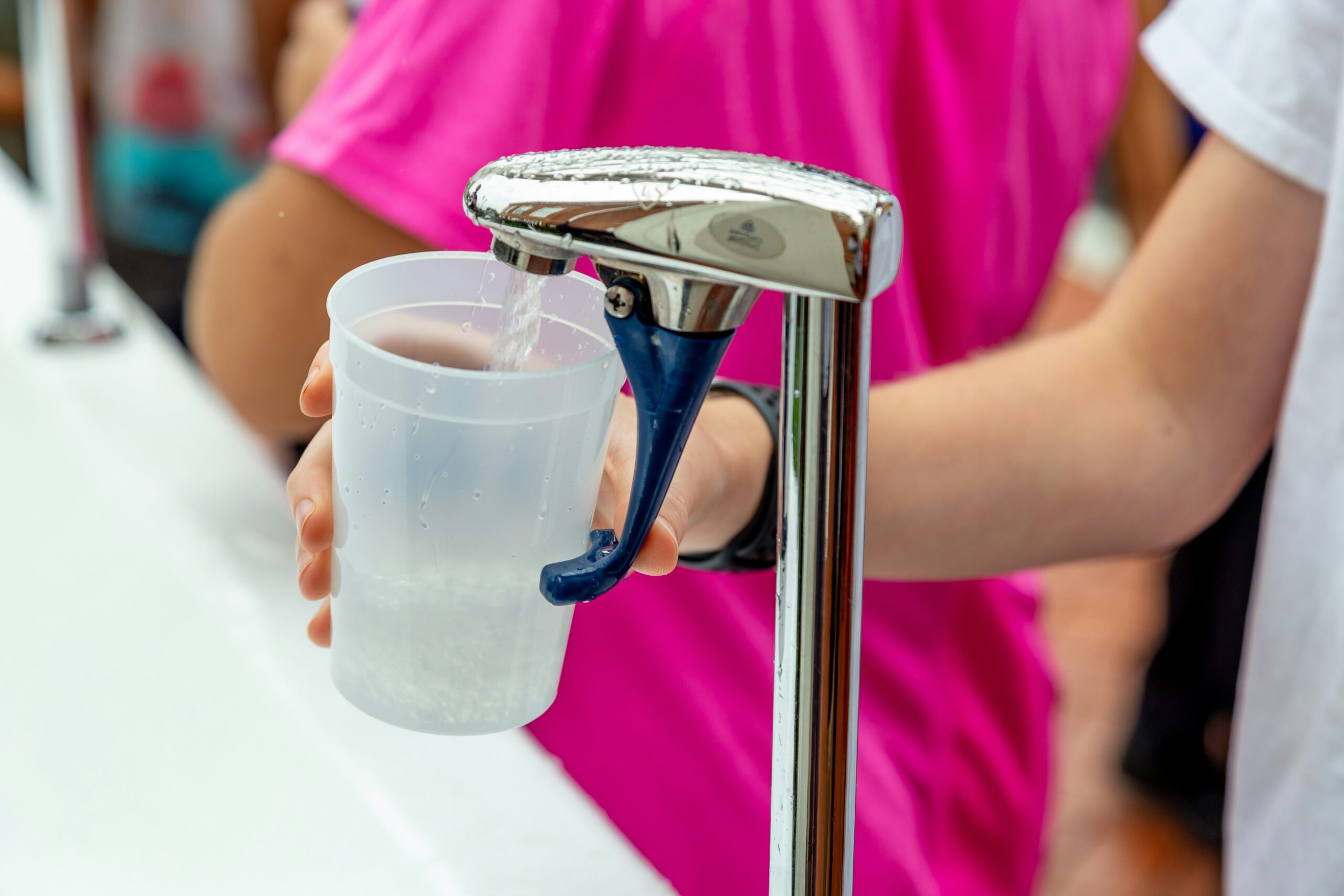Georgia’s efforts to replace lead pipes in its drinking water systems recently received a $67.5 million boost from the Environmental Protection Agency.
The Georgia Environmental Finance Authority is inviting communities that need to improve safe access to drinking water to apply for a share of the funding through its lead service line replacement program. The deadline to apply is Dec. 31.
The funding will flow through Georgia’s drinking water state revolving fund and is available to support lead pipe replacement and inventory projects, the EPA says.
RELATED: New York state expediting lead service line replacement projects with $90M in grants
49% of the funding must be provided to disadvantaged communities as grant funding or principal forgiveness that does not have to be repaid.
Competitive grant funding totaling $35 million for reducing lead in drinking water is also available from the EPA. Communities are invited to apply directly for grant funding through the program.
Eligible projects include:
- Developing a service line inventory and data collection plan.
- Maintaining service line inventory management programs.
- Developing lead service line replacement capital improvement plans.
- Replacing lead service lines or galvanized service lines downstream of lead lines and all related fixtures (i,e., goosenecks, pigtails, connectors, lead solders) to improve drinking water quality.
- Statistical modeling, mapping, or field inspection (potholing) for the identification of service lines.
- Maintaining lead service line compliance.
- Lead testing or monitoring programs, lead sampling, or water pitcher/filter devices.
- Community outreach events.
There is no safe level of lead exposure, particularly for children, according to the EPA. In children, lead can severely harm mental and physical development, slow down learning and irreversibly damage the brain. In adults, lead can cause increased blood pressure, heart disease, decreased kidney function and cancer.
Photo by LuAnn Hunt on Unsplash













